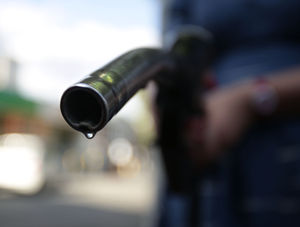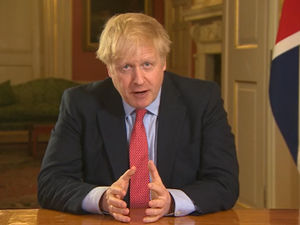Star comment: Knee-jerk reaction to pollution
The Government’s plan to ban all new petrol and diesel cars and vans from 2040 may well have been devised with the right intentions in mind.

But the suspicion is that, as with many policies under Theresa May’s leadership, it has not been properly thought through.
It is clear that rising levels of nitrogen oxide pose a major risk to public health in this country, with air pollution said to cause the deaths of tens of thousands of people each year.
Ministers say that tackling poor air quality is the absolute priority of the so-called clean air plan.
They hope that policies including a diesel scrappage scheme and clean air zones in town and city centres will help to do just that.
But while there is little doubt that action must be taken to reduce pollution levels as a matter of urgency, the current package of proposals appears to be something of a knee-jerk reaction.
The Government has had plenty of time to think about the best strategies to bring in to tackle air pollution.
Yet when it comes to scrapping diesel vehicles and replacing them with electric models, we are left with far more questions than answers.
What will happen to the car factories that have been built to produce diesel engines, primarily for the UK market?
How does the Government plan to plug the annual £20 billion hole in its finances left by fuel duty ending?
And how will the electric car market shift from four per cent of the current market to 100 per cent in just 23 years?
Even if solutions are found for all of the above, the biggest problem will still need to be addressed.
The widespread introduction of electric cars will have a huge impact on National Grid’s energy networks.
At the moment there is nowhere near enough capacity to cope with demand.
For the Government to make a success of its new policy, it will need to make all of these major changes in a relatively short period of time.
For the time being, the plan appears to be little more than the latest evidence of an administration lacking any clear direction.





